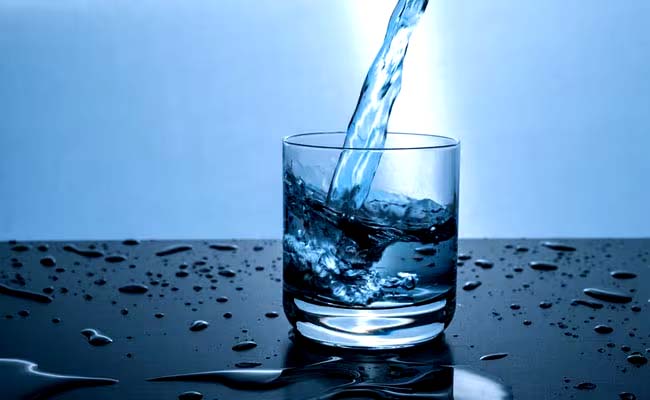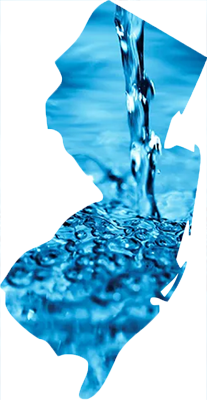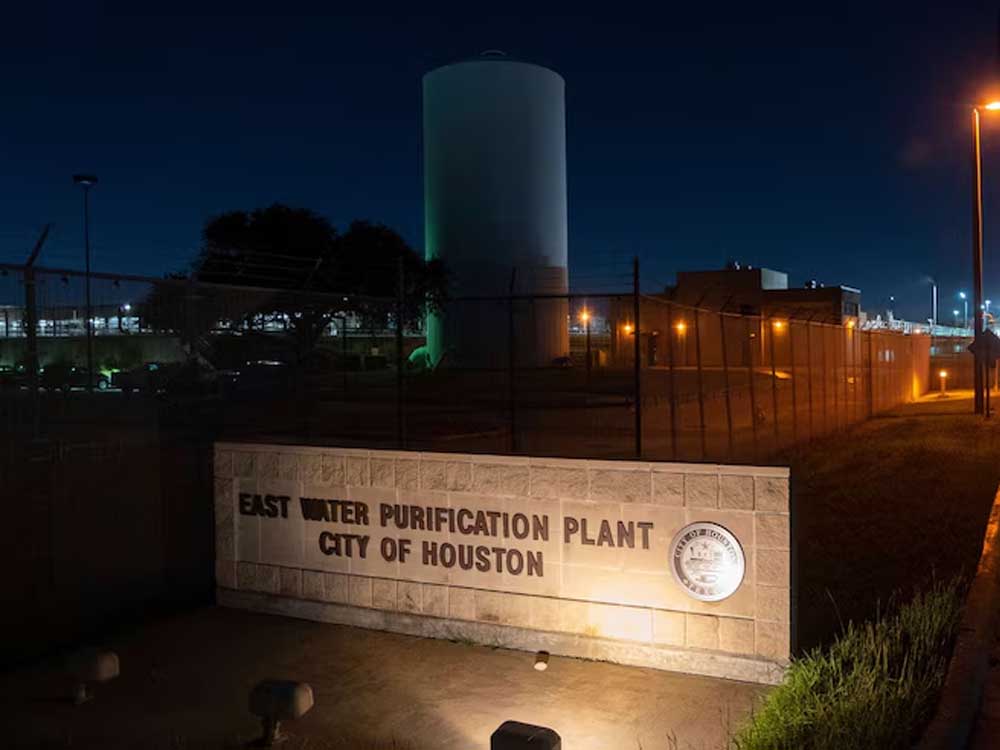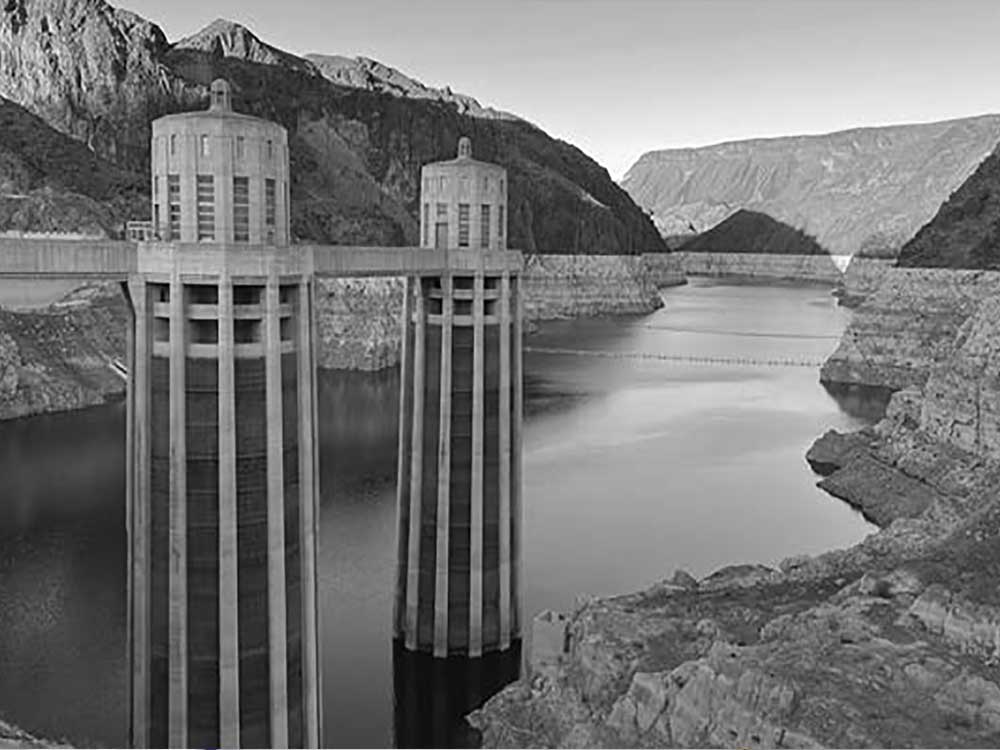Is your water safe for your family?
Why Should I Have a Water Filter System?
You should have a water purification system to protect your health by removing harmful contaminants, improve the taste and smell of your water, save money by reducing bottled water purchases, extend the life of your plumbing and appliances by reducing mineral deposits, and benefit the environment by cutting down on plastic waste. Water systems can remove various pollutants, from chlorine and heavy metals to bacteria and viruses, even from water that is already treated at municipal plants.
Health and Safety
Removes harmful contaminants:Filtration systems remove pollutants like heavy metals (lead, mercury), pesticides, bacteria (E. coli, Salmonella), viruses, and chemicals (chlorine, VOCs) from your water.
Reduces illness risk:
Removing contaminants can prevent water-borne illnesses, which is especially important for infants, the elderly, and people with weakened immune systems.
Minimizes toxin exposure:
Even trace levels of chemicals like chlorine can pose health risks, and a purification system helps protect you from these toxins and their potential long-term effects.
Water Quality and Taste
Improves taste and odor:
By removing chlorine and other impurities, water filters make your drinking water taste and smell better.
Enhances overall water quality:
Clean, filtered water improves the taste of your food, the quality of your skin, and the appearance of your laundry.
Cost and Environmental Benefits
Saves money:
A purification system reduces the need to buy expensive bottled water, which can be a significant long-term saving.
Reduces plastic waste:
You'll contribute less to the massive problem of plastic bottle waste by not relying on single-use plastic bottles for your drinking water.
Protection of Home and Appliances
Extends appliance lifespan:
By removing hard minerals, filters can prevent scale buildup and corrosion in your pipes, water heater, dishwasher, and washing machine.
Reduces maintenance costs:
Protecting your plumbing and appliances from mineral deposits and corrosion can lower repair and replacement costs.
Test Your Water

Do you really know if the water in your home is safe?
There are over 300 contaminants that have been found in US tap water.
Some of these are regulated, and some aren’t.
Would you like to know what’s in your water; and what can be done about it?
Just answer a few questions to find out.
It’s Free!

Water Quality in New Jersey
Overall, New Jersey’s water quality meets or surpasses federal standards, but specific areas face significant contamination challenges, particularly from lead and “forever chemicals” (PFAS).
READ MORE…
Water Quality in New York
For residents served by a public water system, tap water in New York generally meets state and federal health standards, though specific concerns such as lead and disinfection byproducts exist.

Water In The News



